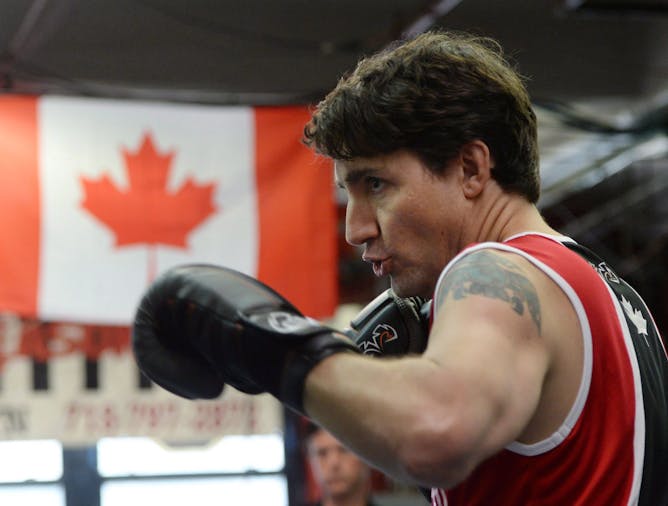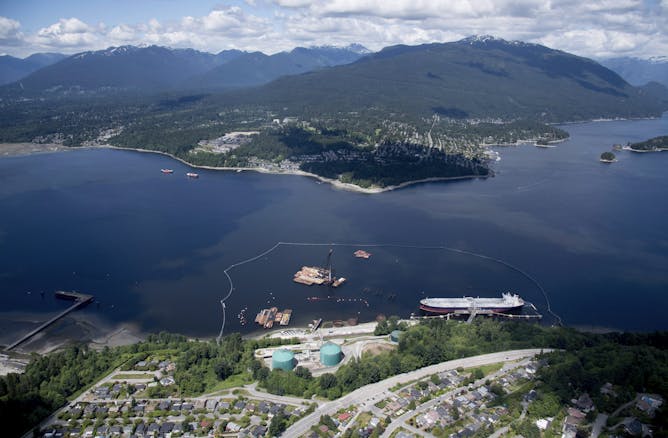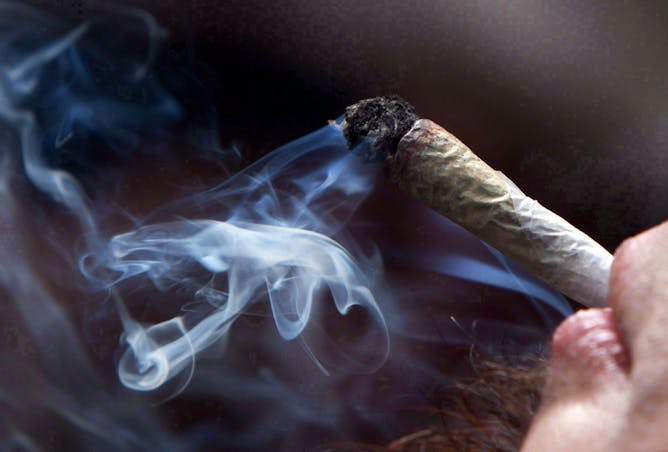|
Canada’s retaliatory tariffs are supposed to hurt the U.S. – but they may also hurt you. Canadian consumers could end up paying more for a variety of products and foods, including white chocolate, orange juice and pickles.
Today in The Conversation Canada, Bernard Wolf, Professor Emeritus at York University, argues that Trudeau’s response to Trump’s bullying may be the right tactical move, but it’s the wrong economic move.
Trudeau is also receiving criticism for the controversial Trans Mountain pipeline purchase. Markus Hecker from the University of Saskatchewan and Jackie Dawson from the University of Ottawa argue that Canada faces a paradox between pipeline ownership and climate change commitments.
And finally, as cannabis legalization looms, the federal government is spending millions on education and awareness campaigns. Messages about cannabis should be based on research evidence, not reefer madness myths, writes Rebecca Haines-Saah from the University of Calgary.
|

The Trudeau government is punching back with tariffs on American goods. But is it really a good strategy?
THE CANADIAN PRESS/Sean Kilpatrick
Bernard M Wolf, York University, Canada
From a public relations perspective, the Canadian government's retaliatory tariffs against the U.S. are a win. But the tariffs on everything from mayo to orange juice will hurt Canadian consumers.
|

A aerial view of Kinder Morgan’s Trans Mountain marine terminal, in Burnaby, B.C., is shown on Tues., May 29, 2018.
(Jonathan Hayward/THE CANADIAN PRESS)
Markus Hecker, University of Saskatchewan; Jackie Dawson, University of Ottawa
Canada wants to move towards a green economy and meet its Paris Agreement targets, but it has also just taken ownership of a pipeline. How can the federal government deal with this paradox?
|

With the legalization of cannabis in Canada just around the corner, there’s still too much panic over drug education. There’s no need to rush awareness campaigns in advance of legalization; it’s better to start doing them right.
THE CANADIAN PRESS/Darryl Dyck
Rebecca Haines-Saah, University of Calgary
When it comes to cannabis legalization, we don’t need more education, we need to do education better.
|
|
|
Politics
|
-
David Mislin, Temple University
Arguments on religious freedom have taken place throughout US history and have landed in the Supreme Court as well. Interpretations have changed over time.
|
|
Science + Technology
|
-
Dave McGarvie, The Open University; Rebecca Williams, University of Hull
Pyroclastic flows are biggest danger in these eruptions.
|
|